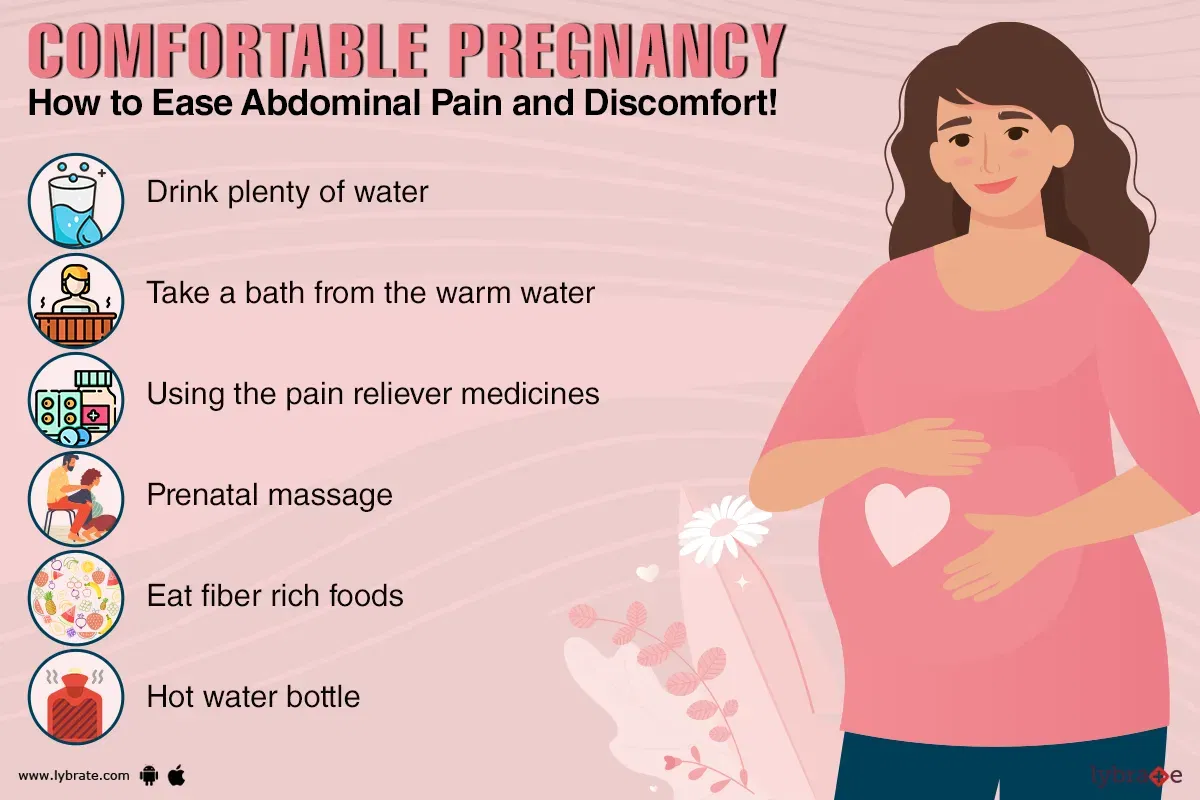
Pain During Pregnancy: Causes, Types, and Management
Pregnancy is a transformative journey that brings immense joy and anticipation. However, it can also be accompanied by various discomforts, including pain. Understanding the causes, types, and management strategies for pain during pregnancy is crucial for expectant mothers to navigate this experience with comfort and well-being.
Causes of Pain During Pregnancy
The physiological changes and hormonal fluctuations that occur during pregnancy can lead to a range of pain experiences. Some of the common causes include:
- Uterine Expansion: As the uterus grows to accommodate the developing fetus, it can stretch the surrounding ligaments and muscles, causing pain in the lower abdomen and back.
- Ligament Pain: The ligaments that support the uterus can become stretched and strained, leading to sharp, stabbing pains in the lower abdomen and groin area.
- Round Ligament Pain: The round ligaments, which run from the uterus to the groin, can become taut and cause sharp, intermittent pain in the lower abdomen and thighs.
- Pelvic Pressure: The weight of the growing uterus can put pressure on the pelvic floor muscles and organs, leading to pain in the lower back, pelvis, and perineum.
- Hormonal Changes: Pregnancy hormones, such as relaxin, can soften and loosen ligaments and joints, which can contribute to pain in the lower back and pelvis.
Types of Pain During Pregnancy
Pain during pregnancy can manifest in various forms, including:
- Lower Back Pain: This is one of the most common types of pain, often caused by uterine expansion and ligament strain.
- Pelvic Pain: Pain in the pelvic area can be due to pelvic pressure, ligament pain, or muscle spasms.
- Abdominal Pain: Pain in the lower abdomen can result from uterine expansion, round ligament pain, or gas and bloating.
- Hip Pain: Hormonal changes can relax the ligaments around the hips, leading to pain and instability.
- Leg Pain: Pain in the legs can be caused by swelling, varicose veins, or nerve compression.
- Headaches: Headaches can occur due to hormonal changes, increased blood volume, or stress.
Management Strategies for Pain During Pregnancy
While some pain during pregnancy is inevitable, there are various strategies to manage and alleviate discomfort:
- Prenatal Exercise: Regular exercise, such as walking, swimming, or yoga, can strengthen muscles and improve flexibility, reducing pain.
- Heat and Cold Therapy: Applying a warm compress or taking a warm bath can soothe muscle pain, while cold packs can reduce swelling and inflammation.
- Massage: Prenatal massage can relax muscles, relieve tension, and promote circulation.
- Acupuncture: Acupuncture has been shown to be effective in reducing pain and promoting relaxation during pregnancy.
- Prenatal Chiropractic Care: Chiropractic adjustments can help align the spine and pelvis, reducing pain and improving overall comfort.
- Over-the-Counter Medications: Acetaminophen (Tylenol) is generally considered safe for pain relief during pregnancy. However, it’s important to consult with a healthcare provider before taking any medications.
- Alternative Therapies: Some alternative therapies, such as prenatal yoga, meditation, and relaxation techniques, can help reduce stress and promote relaxation, which can alleviate pain.
When to Seek Medical Attention
While most pain during pregnancy is normal, there are certain situations that warrant medical attention:
- Severe or persistent pain that does not respond to home remedies
- Pain accompanied by fever, chills, or vaginal bleeding
- Pain that is sudden or sharp and accompanied by nausea or vomiting
- Pain that interferes with daily activities or sleep
Conclusion
Pain during pregnancy is a common experience that can be managed and alleviated with appropriate strategies. Understanding the causes and types of pain can help expectant mothers identify the most effective management options. By implementing a combination of home remedies, alternative therapies, and medical interventions when necessary, women can navigate this transformative journey with greater comfort and well-being. Regular prenatal care and communication with healthcare providers are essential for ensuring the health and well-being of both the mother and the developing baby.